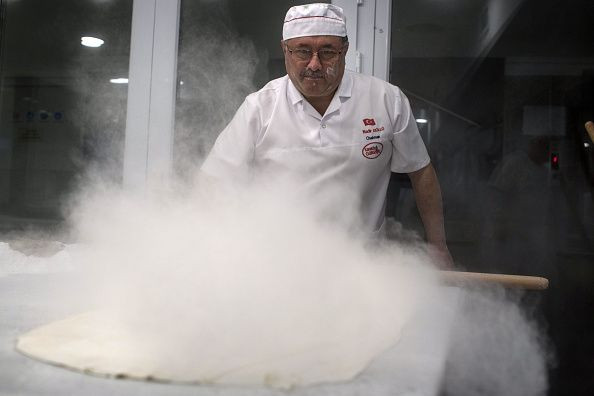Flour Recall 2019: How To Get A Refund On The E. coli Contaminated Flour?

Following its June 13 recall for 14,218 cases of all-purpose flour because of a possible E. coli contamination, King Arthur Flour, Inc., in association with ADM Milling Company, has recalled its five- and 25-pound bags of Unbleached All-Purpose Flour for a potential E. coli presence.
The recall affects specific lots of Unbleached All-Purpose Flour that were milled at ADM Milling’s facility in Buffalo, New York. It was distributed by King Arthur Flour at retailers and distributors nationwide as well as through its website, catalog, and store in Norwich, Vermont.
The five-pound bags of flour have a UPC code of 071012010509, while the 25-pound bags of flour have a UPC code of 071012012503 and were sold at Costco only.
A list of lot codes and best used by dates can be viewed here. Lot codes and best used by dates can be found on the bottom of the ingredient side panel of the five-pound bags of flour.
Labels of the recalled flour can be viewed here.
Consumers that have purchased the recalled flour should throw it away. A refund or replacement can be requested by submitting a claim or by calling the King Arthur Flour Consumer Hotline at 1-866-797-9178.
Symptoms of E. coli illness include bloody diarrhea and abdominal cramps. Most people recover within a week. Children, elderly adults, and those with weakened immune systems may develop hemolytic uremic syndrome – an illness that causes the kidneys to fail.
Consumers are urged to wash their hands, work surfaces, and utensils when cooking with raw dough or flour. Raw dough or batter should never be eaten. According to the Centers for Disease Control, E. coli is killed through the heat of baking, frying, sautéing, or boiling.
King Arthur Flour discovered the E. coli contamination during routine sampling. The company has not received any reports of illness related to the affected flour.
© Copyright IBTimes 2024. All rights reserved.




















